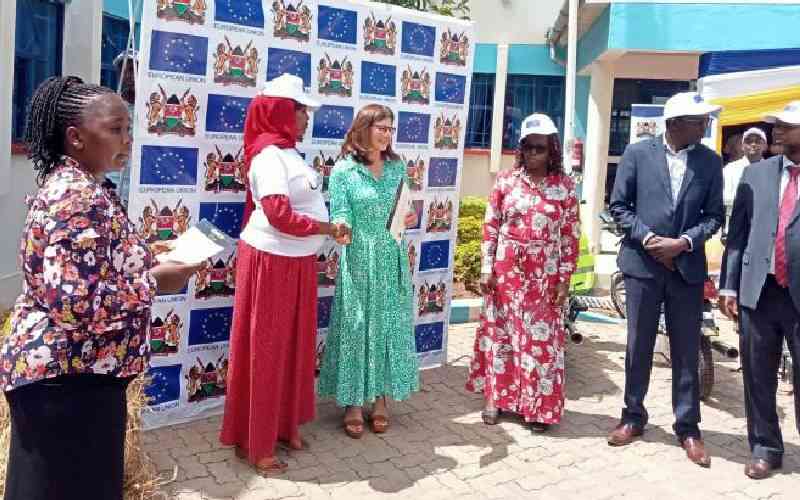
Europe and Africa need each other to build a solid and lasting response to global and common challenges, from climate change to peace and security, and economic development.
The partnership between the European Union and the African Union, rooted in dialogue, is solution-oriented and forward-looking, as was reflected in the 6th European Union (EU) - African Union (AU) Summit in February 2022, when over 80 leaders from Africa and Europe met to adopt an ambitious agenda. The EU has adapted this agenda to address recent, urgent challenges and needs across Africa.